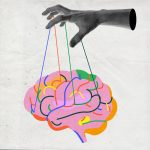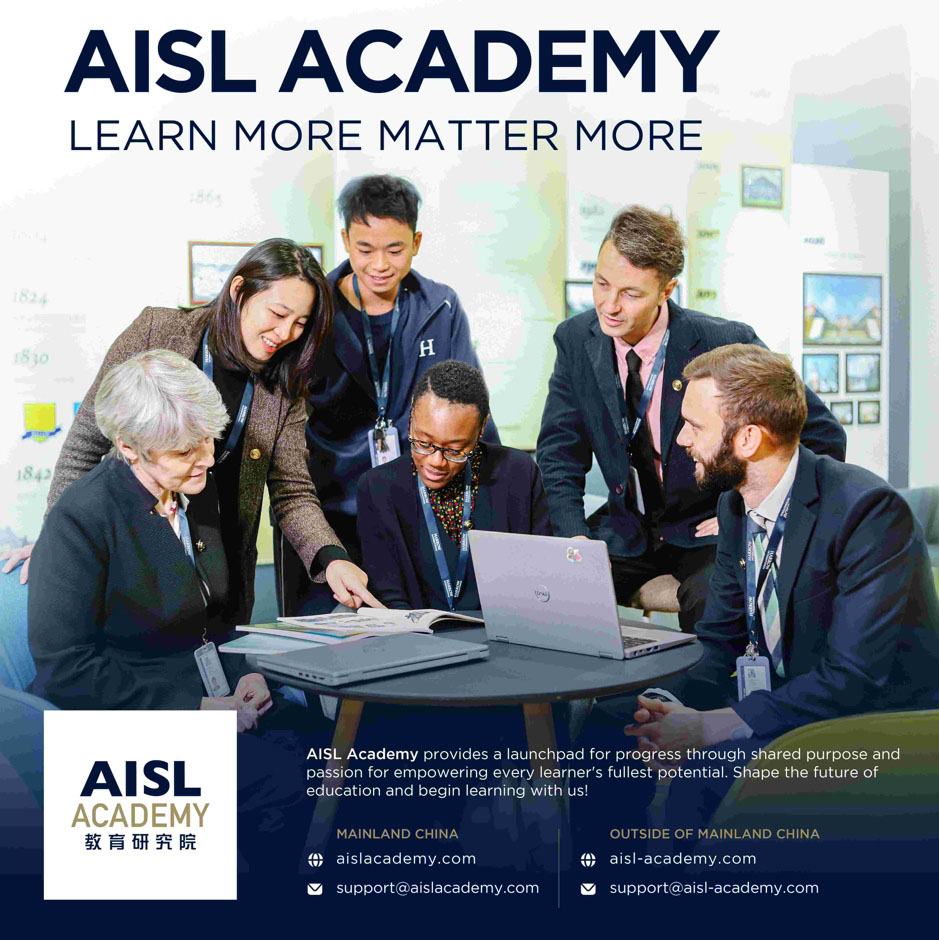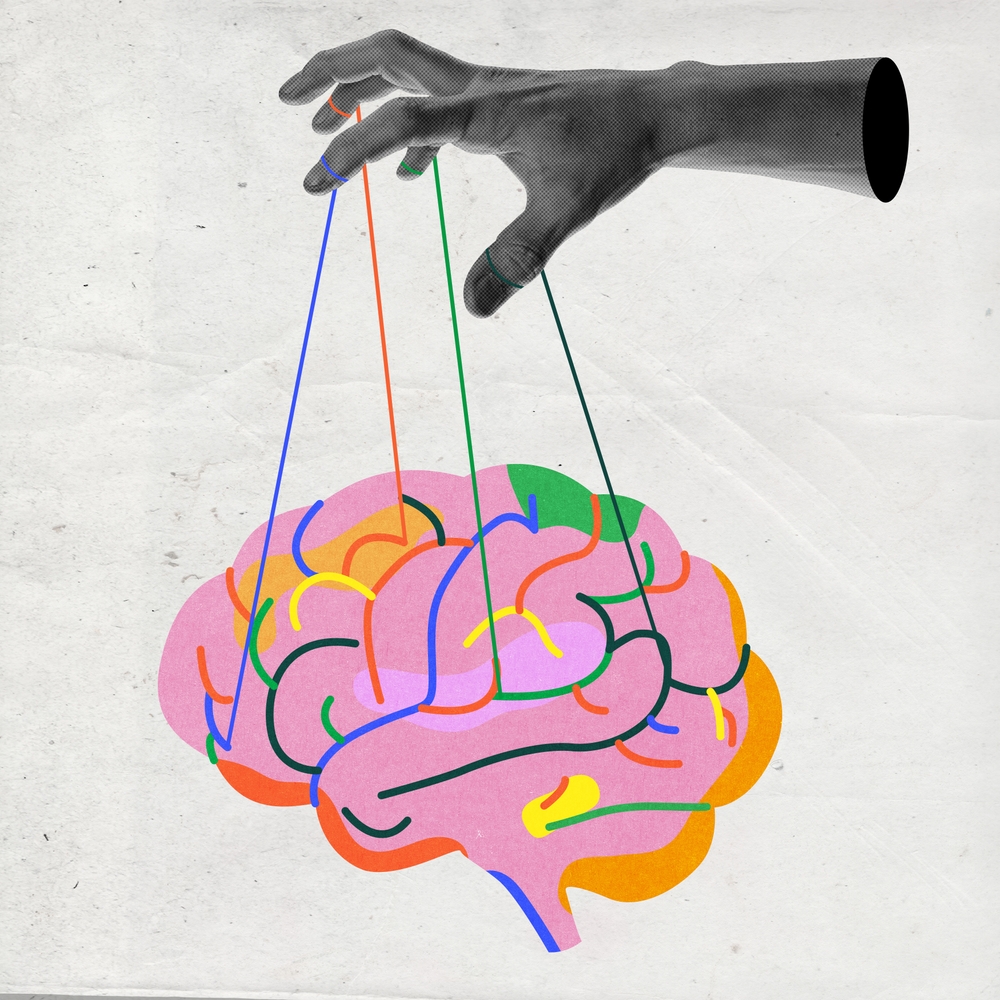Introduction:
Students who study mathematics gain the ability to evaluate, solve and make well-informed decisions. The field of mathematics education changes at a quick pace in tandem with the globe. Teachers, curriculum designers, and legislators are always coming up with new ideas to get pupils interested in learning and increase their numeracy abilities.
In the past, maths students would memorise formulas and algorithms without really understanding the underlying ideas. However, conceptual thinking is given more weight in the current maths curriculum. These days, educators work to foster students’ critical thinking abilities by pushing them to investigate mathematical ideas and apply them to actual circumstances. With a stronger understanding of mathematics, students are better equipped to solve problems creatively and see connections between different mathematical ideas.
Incorporating Real-World Applications:
Students are capable as learners of mathematics. This principle is really important in a world where the teacher is viewed as the giver of all the information in maths. We know that students are capable of learning math, that they can make use of learning communities to make maths meaningful and meet their own unique needs. By incorporating practical examples and real-world contexts, educators can demonstrate the usefulness of mathematics.

Integrating Technology:
Technology has changed education, and maths curriculum is no exception. Integrating technology into the classroom allows for interactive and dynamic learning experiences. Graphing calculators, mathematical software, and online tools provide students with opportunities to visualise concepts, analyse data, and experiment with mathematical models. Moreover, technology enables personalized learning, where students can progress at their own pace, receive immediate feedback, and access resources tailored to their individual needs. By embracing technology, math curriculum becomes more engaging, accessible, and adaptable to diverse learning styles.
For children to practice their skills, The Mangahigh subscription allows students (age 5-9, 10-13 and 14-18) to take up year-long or multi-year access to the games-based platform for math. Your students will receive their login credentials and can get started on learning and practising math on Mangahigh. Complimentary services include: Dashboard access to the mathematics teachers, Teacher training on the games-based teaching and learning platform and access to download certificates of appreciation for students.
Learning Problem-Solving Skills:
Students learn mathematics as a result of solving problems. To support students in productive struggle, giving them problem-based instructional frameworks to help them understand their mathematics is really important.
There are numerous resources available for students to experience maths in a completely new way. SchoolYourself is an online resource which provides learners free lessons and an interactive 1-on-1 experience to learn maths in a fun and engaging way.
Problem-solving lies at the heart of mathematics. The modern maths curriculum focuses on developing students’ problem-solving skills by presenting open-ended problems and inquiry-based tasks. Rather than relying solely on rote memorisation, students are encouraged to analyse problems, devise strategies and apply mathematical concepts creatively. Problem-solving cultivates critical thinking, perseverance and resilience, preparing students to tackle real-life challenges beyond the classroom.









